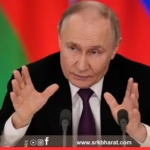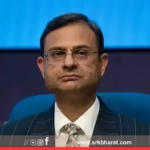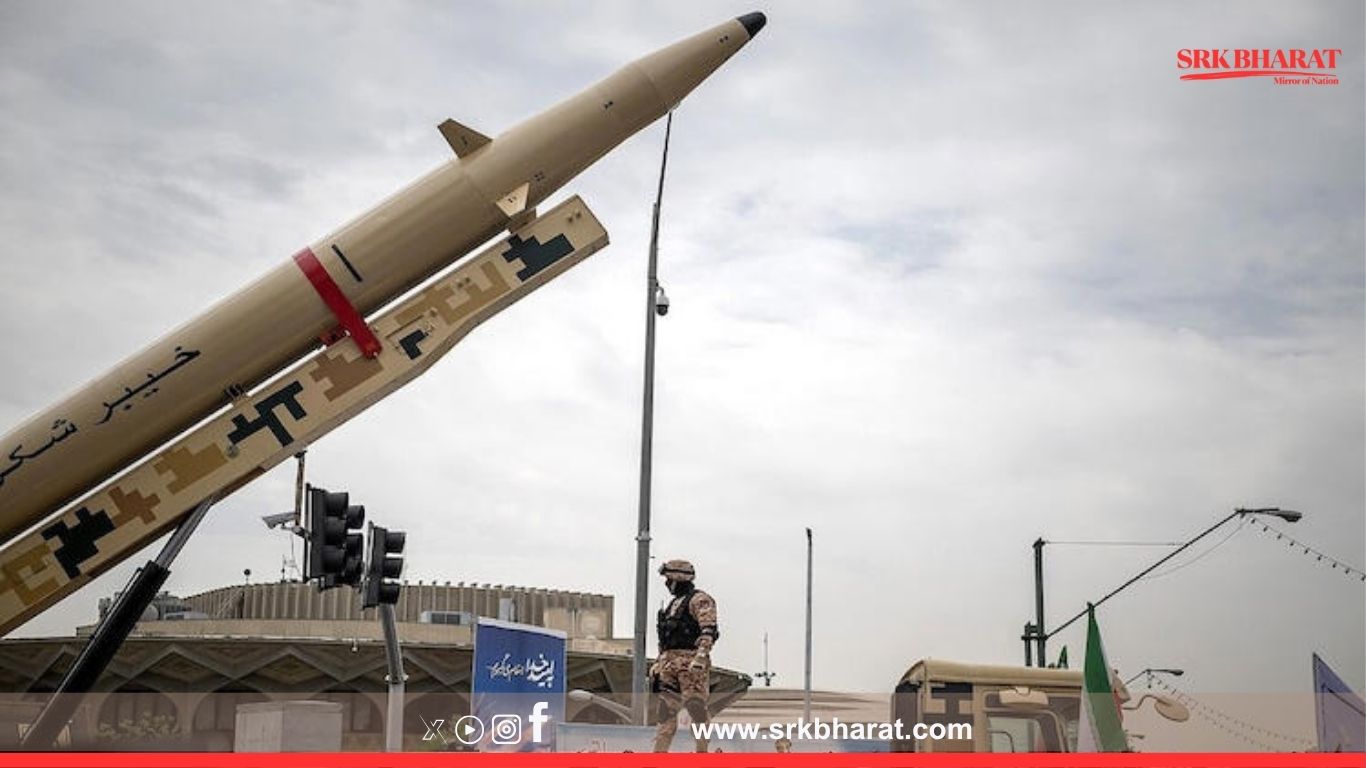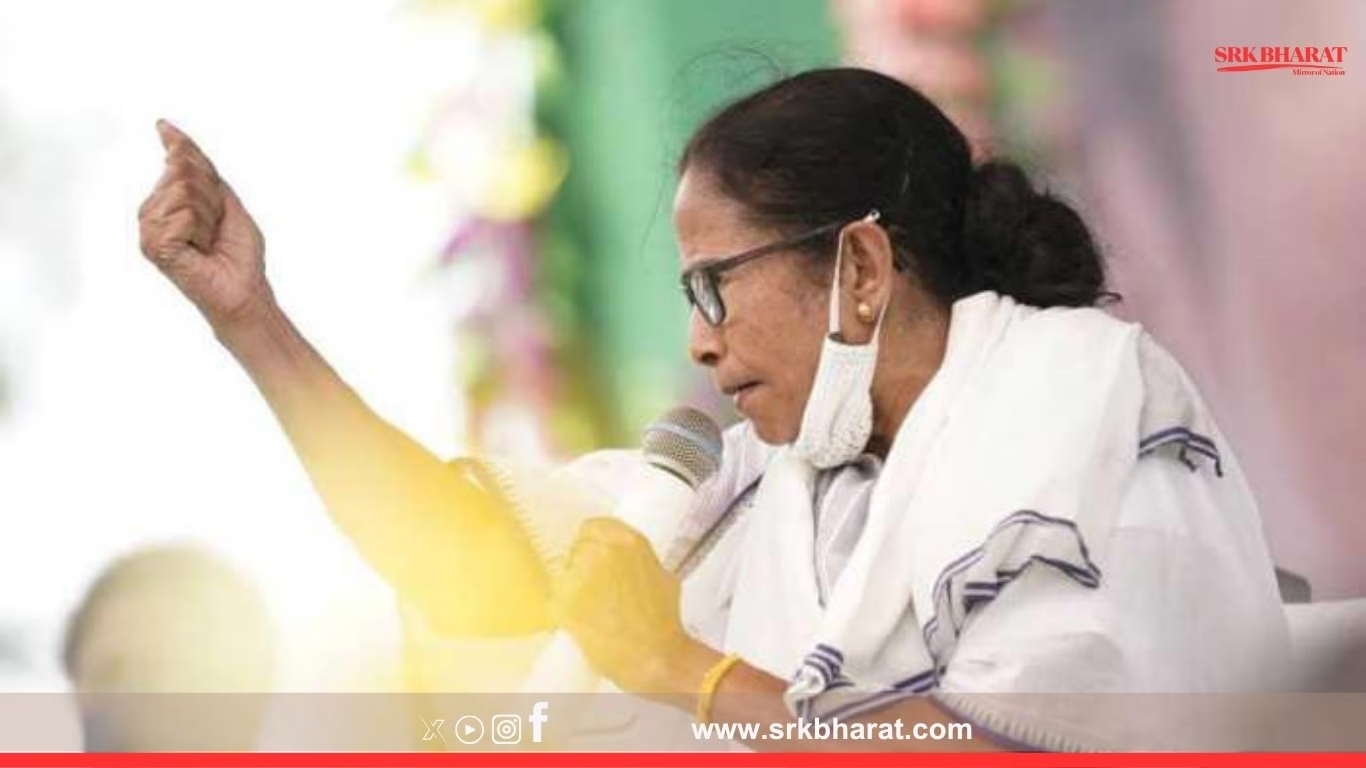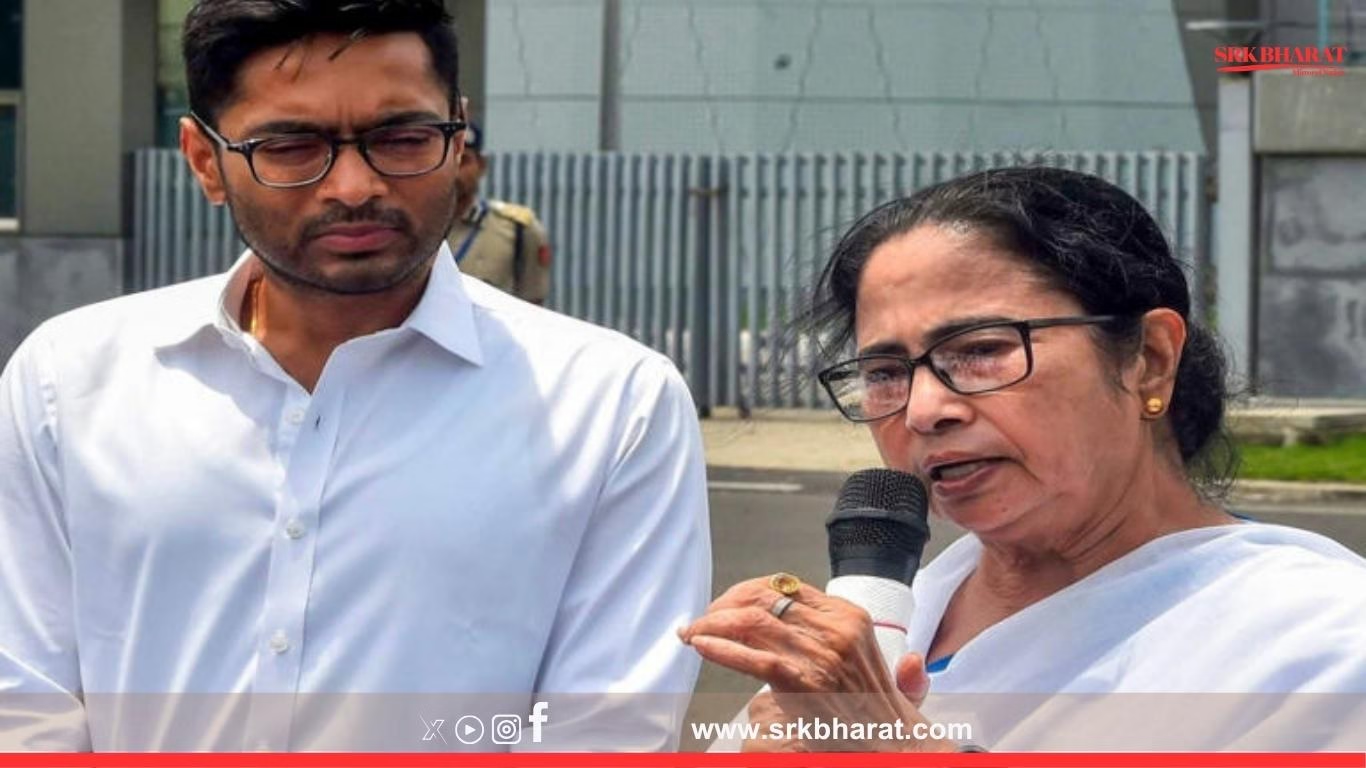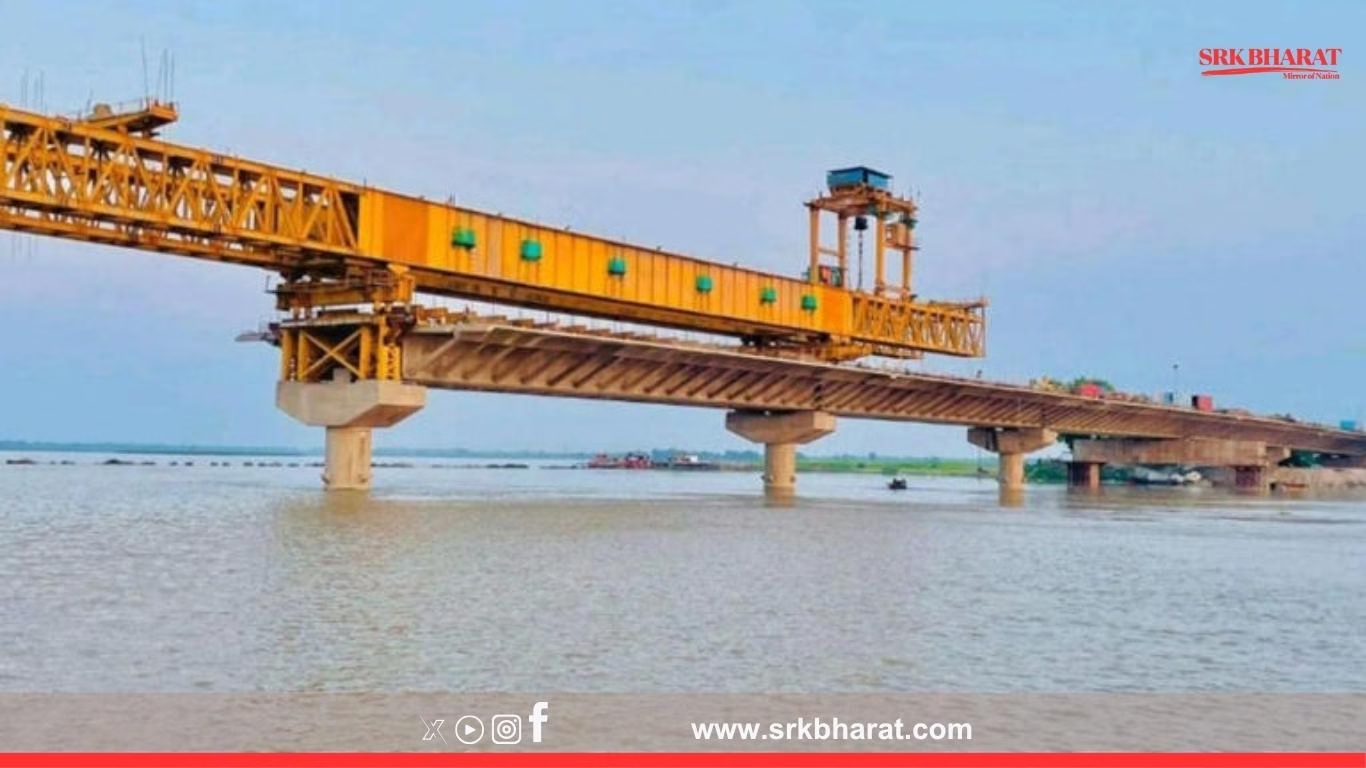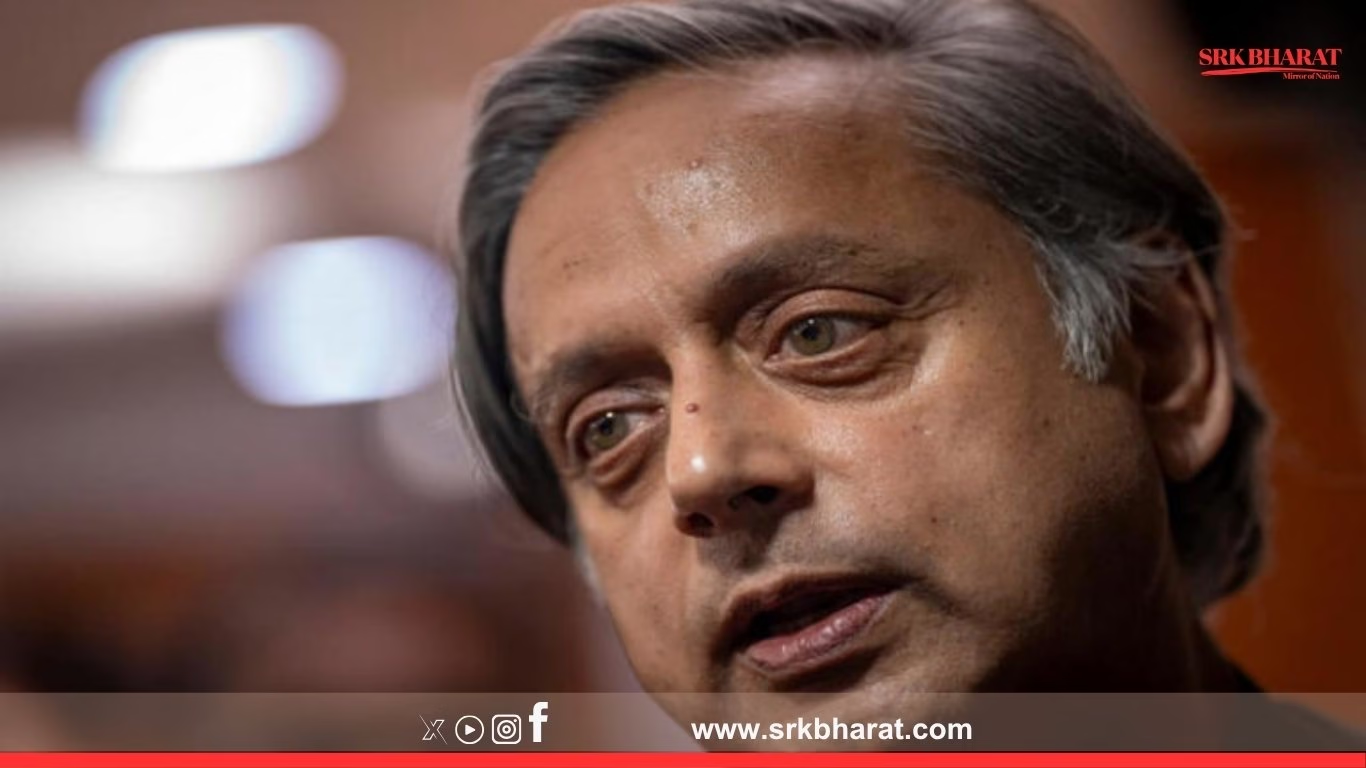Former Indian Air Force officer Ajay Ahlawat has warned that the Iranian regime is likely to continue its pursuit of nuclear weapons, arguing that such armament has become the ultimate guarantor of national security. In his recent statement, Ahlawat underscored that if the current regime survives, its leaders will deem nuclear capability indispensable amid an increasingly volatile geopolitical environment.
A Stark Warning in a Precarious Geopolitical Climate
Ahlawat’s comments come at a time when tensions in the Middle East remain high, following a series of targeted strikes on Iran’s nuclear infrastructure by US and allied forces. He stressed the belief that nuclear weapons are not merely strategic assets but critical deterrents that could secure a nation’s sovereignty amid external pressures. “Nuclear weapons are the ultimate guarantor of national security,” he noted, a sentiment that echoes similar defensive postures seen among other international powers.
The Logic Behind the Nuclear Pursuit
The rationale behind Ahlawat’s warning rests on the premise that, in a system where traditional military deterrence faces new challenges, nuclear arms provide a formidable, albeit risky, counterbalance. For Iran, a country that has long positioned its nuclear programme as a shield against existential threats, the pursuit of nuclear capability appears increasingly justified. This view is reinforced by the changing dynamics of global security, where nations like South Korea and Japan are perceived to edge closer to nuclear armament as countermeasures against regional rivals.
Complex Decisions and Uncertain Outcomes
Despite the clear strategic logic, decisions surrounding nuclear armament are highly complex. Ahlawat cautioned that while the technical feasibility of acquiring nuclear weapons might be well within reach, the political, economic, and diplomatic consequences of such a step are profound. The decision to pursue nuclear capability is not taken lightly, as it involves navigating international non-proliferation norms and the risk of triggering a wider arms race.
Implications for Regional Security and Global Stability
The prospect of Iran advancing its nuclear programme carries significant implications for regional stability in the Middle East. A nuclear-armed Iran could reshape power dynamics, compelling neighboring countries to reconsider their own defence strategies. This potential shift is a pressing concern for global non-proliferation efforts, which aim to curb the spread of nuclear weapons and maintain a balance of power that discourages unilateral military escalation.
A Call for Renewed Dialogue on Nuclear Security
Ahlawat’s cautionary remarks serve as a clarion call for policymakers and international leaders. His warning suggests that without meaningful diplomatic engagement and robust security guarantees, the cycle of nuclear pursuit may intensify, potentially undermining longstanding efforts to achieve global disarmament. In this light, renewed dialogue on nuclear security and arms control becomes essential in mitigating the risks of an escalating nuclear arms race.
The former IAF officer’s insights underscore the precarious interplay of national security, regional power struggles, and the far-reaching consequences of nuclear armament. As the Iranian regime navigates this complex landscape, the international community watches keenly, aware that the decisions made today will shape the strategic framework for generations to come.
🔁 Share this article to stay updated on the evolving dynamics of nuclear security and the shifting strategic balances that influence global stability.

